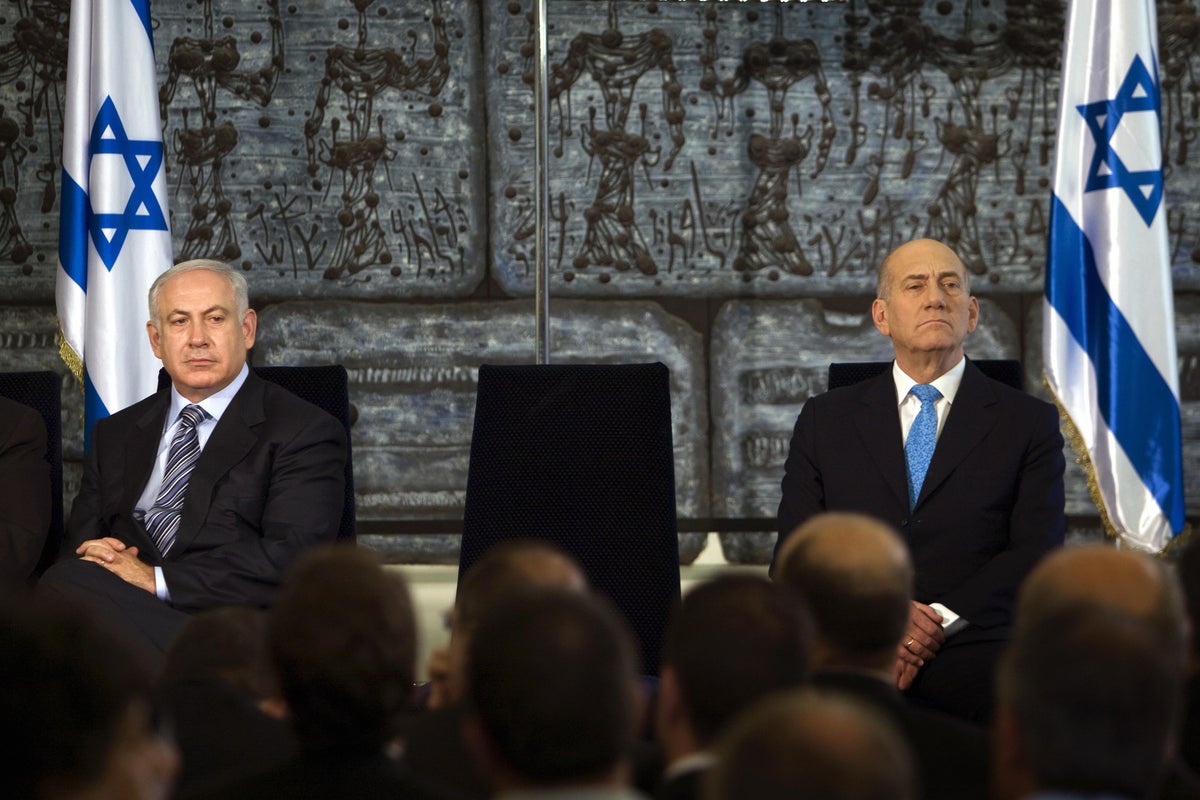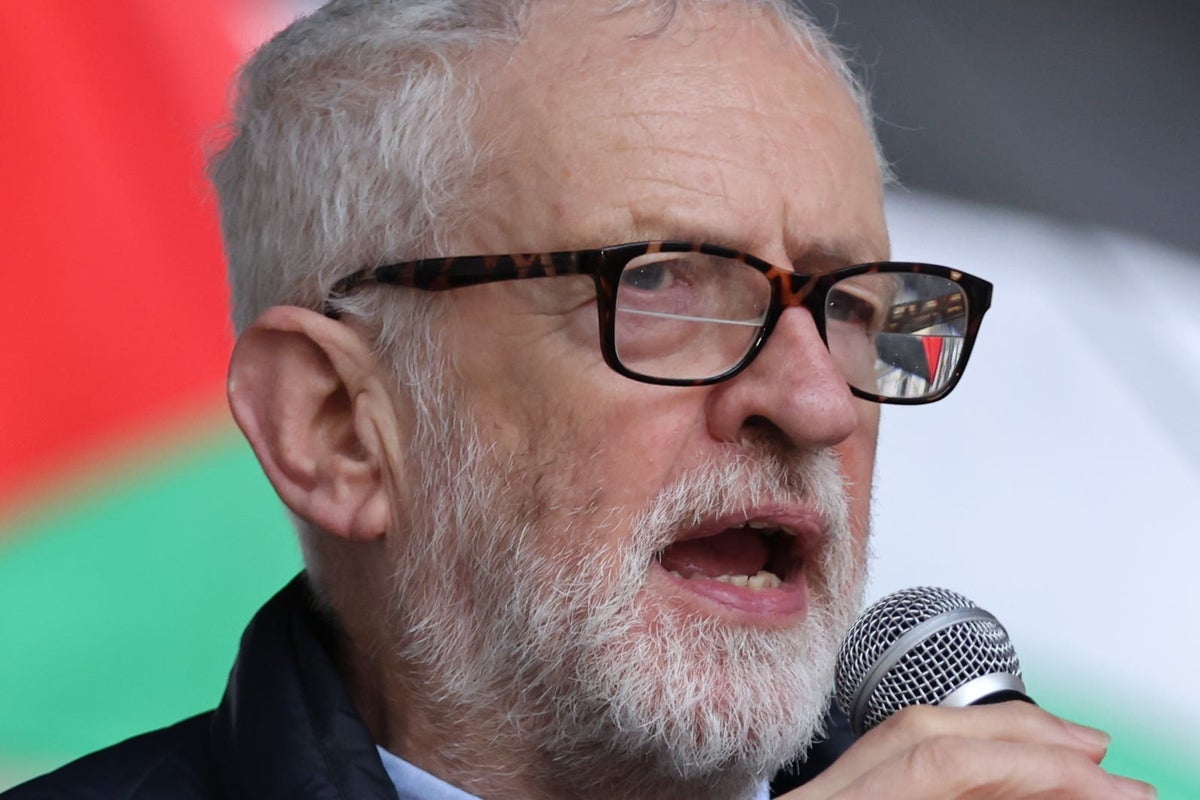It may have been a rather turbulent launch, but the potential for Jeremy Corbyn’s new party to shake up the UK’s fractured political landscape has certainly not gone unnoticed in Westminster.
The MP for Islington North has promised to “build a democratic movement that can take on the rich and powerful” in the form of a “new kind of political party”.
But as the as-yet-unnamed party looks to the future – and the next general election – it could well contain more familiar faces than you might expect.
The former Labour leader’s new party hopes to tempt a number of his former comrades-in-arms to join as it attempts to seize on Labour’s struggles in the polls and position itself in part as the party on the left of British politics that can take on Nigel Farage’s Reform, according to insiders.

The pitch to current Labour MPs will, among other things, suggest that they can stick with Sir Keir Starmer and a stumbling Labour party – and lose their seat – or join Corbyn’s new group and save it.
While insiders would not be drawn on specific targets, a number of sitting MPs and constituencies are thought to have already been identified. Among those rumoured to be under consideration are MPs in the Socialist Campaign Group, which includes former shadow minister Ian Lavery and Ian Byrne, and those disillusioned by the recent row over Labour’s welfare cuts.
More than 120 Labour MPs, including MPs like Kim Johnson from Liverpool, a pocket of the country where the new Corbyn party has in recent days thought to have attracted strong support, backed a bid to block the government’s planned welfare changes, before ministers eventually backed down.
Meanwhile senior ministers, including health secretary Wes Streeting and justice secretary Shabana Mahmood, saw their majorities slashed last year in the face of challenges from pro-Gaza candidates, and could be targeted by Corbyn’s new party as it seeks a major scalp at its first general election.
There is potential for a party that offers disaffected voters disillusioned with Starmer and Labour something new. A recent Find Out Now poll suggested that the new party would be equal third to Labour in support, on 15 per cent each, with Reform on 34 per cent and the Tories on 17 per cent.
Luke Tryl, from the pollsters More in Common, said the prospect of a new Corbyn-led party polled very well and “took 10 per cent of the vote, taking votes from Labour and the Greens”.
Leading pollster Sir John Curtice told The Independent that “Labour are vulnerable to the left”, adding that the Greens “were taking votes off them in that direction” at the last election.
But he added a note of caution, saying: “At the moment, I’m waiting to see whether Corbyn manages to get his act together and manages to create a political party that has some thoughts and organisation behind it.”

While far from enough to win an election, the early polling does suggest the group could cause real problems for Labour. And, despite the belief inside the party that they are the ones who can beat Reform in many seats, another ex-Labour leader, Neil Kinnock, has attacked the group, saying the only people they will help are Mr Farage and the Tory leader Kemi Badenoch.
The public has certainly taken notice too – a call out on social media has seen 600,000 people register as supporters, according to Mr Corbyn, with heavy concentrations in areas insiders believe to be very open to the new party’s message.
The party is planning to hold a founding conference later this year, but before that, there will be a series of meetings in different parts of the country, after places like Liverpool and other northern cities saw a huge number of people sign up.
But with popularity comes danger.
Insiders are worried about the possibility of ‘entryism’ into the new group – including from the right. Ironically, this is what Corbyn supporters were accused of, albeit from the other side of the political spectrum, when he became Labour leader in 2015 after Ed Miliband allowed the public to take part for a £3 fee.
The group is aware that it cannot be hijacked by left-wing activist groups either, such as the Socialist Workers, as that could limit its potential to appeal to a wider group of voters keen for something new and different in their politics.
And while the party wants to convert as many people as possible into full members, there is a wariness over pitching the cost of membership too low and potentially encouraging right-wingers keen to sabotage the party by disrupting its internal democracy, including potentially trying to build momentum behind a stupid name.
The party created a flurry of headlines and jokes when it was unveiled after Mr Corbyn sent supporters to a website called Your Party, only for Zarah Sultana, a potential co-leader, to take to social media to insist that was not the new outfit’s name.
That, along with many other things, will be decided at the conference – part of Mr Corbyn’s long-standing commitment to internal democracy in political parties. Some within the party, including Ms Sultana, are pushing for the party to be called ‘The Left’. Others back the idea of “the People’s Party”, although that is also the name of a conservative political party in Spain and in 2011, David Cameron famously took the Tories out of a European centre-right alliance called the ‘European People’s Party’.
Whatever it is called, the party’s performance at the next election could be helped or hindered by how many Labour MPs Mr Corbyn manages to persuade to join him and Ms Sultana.


